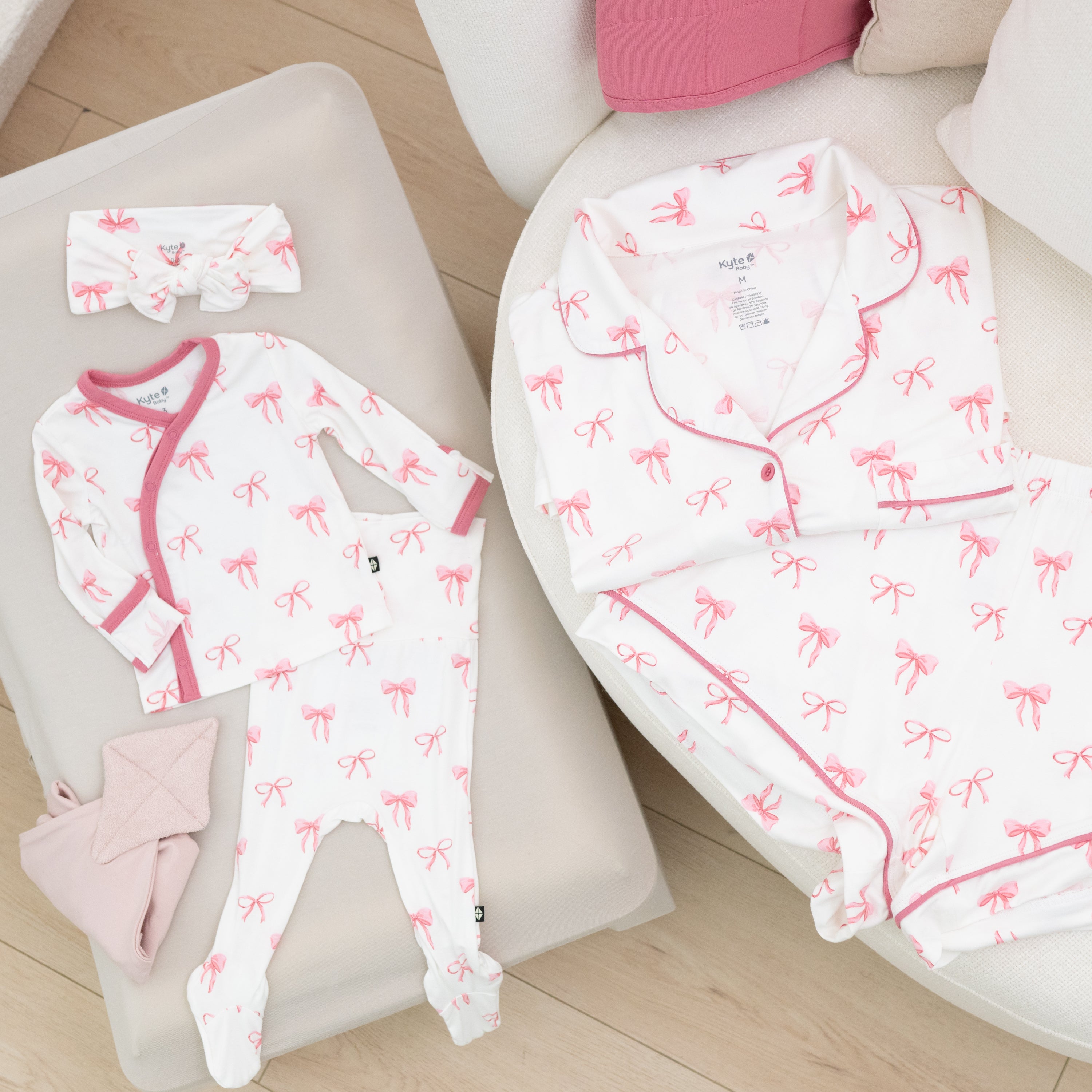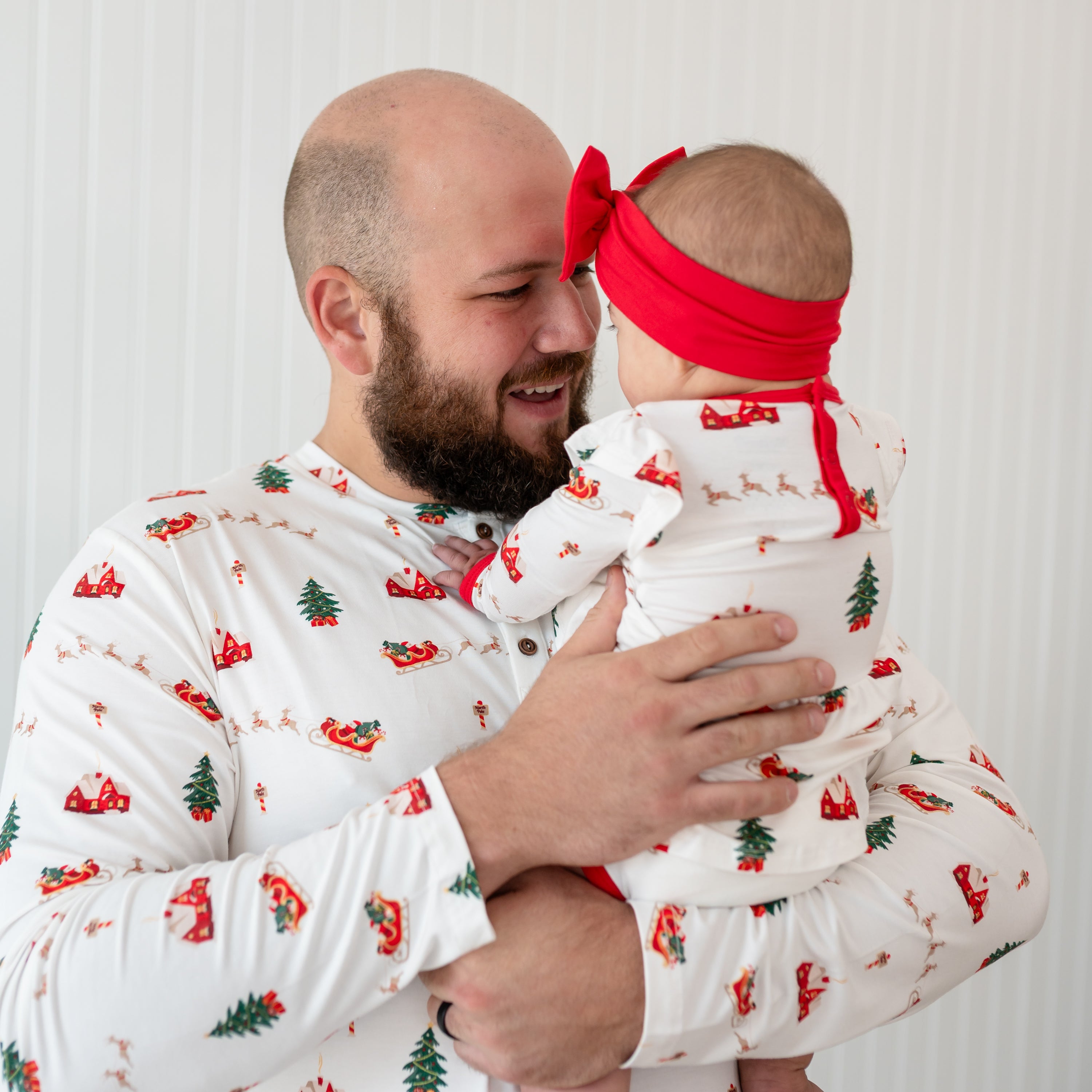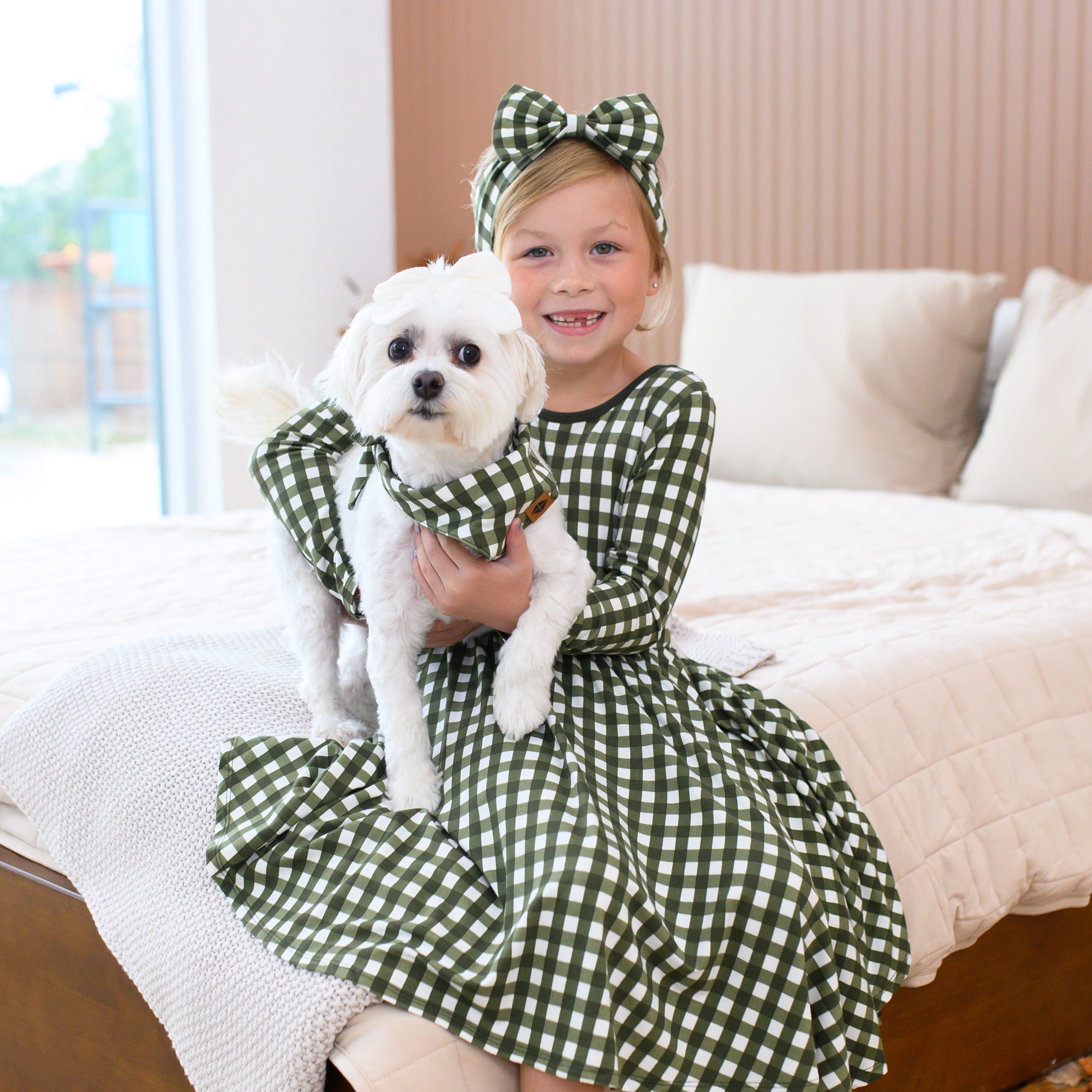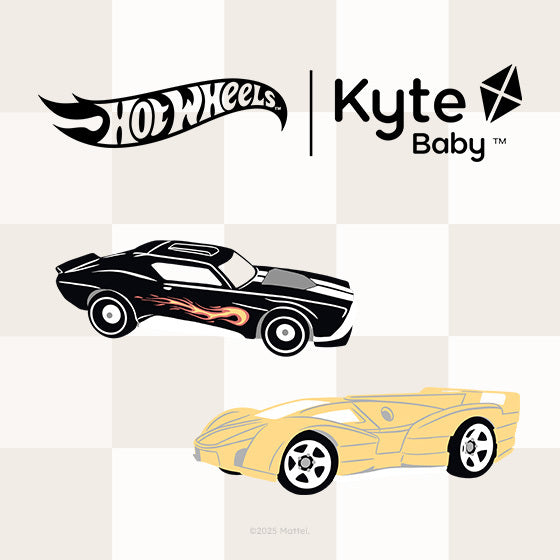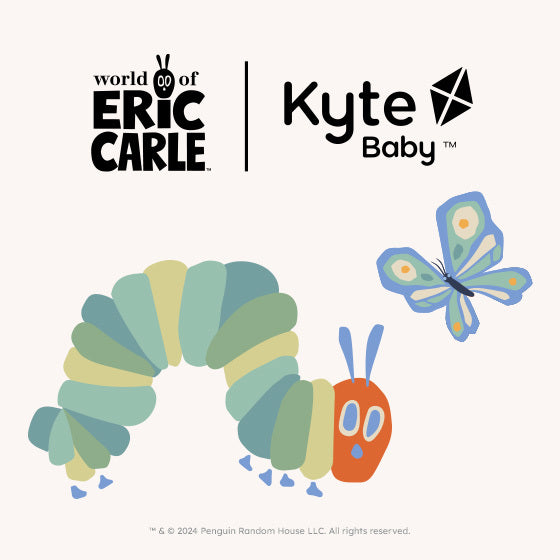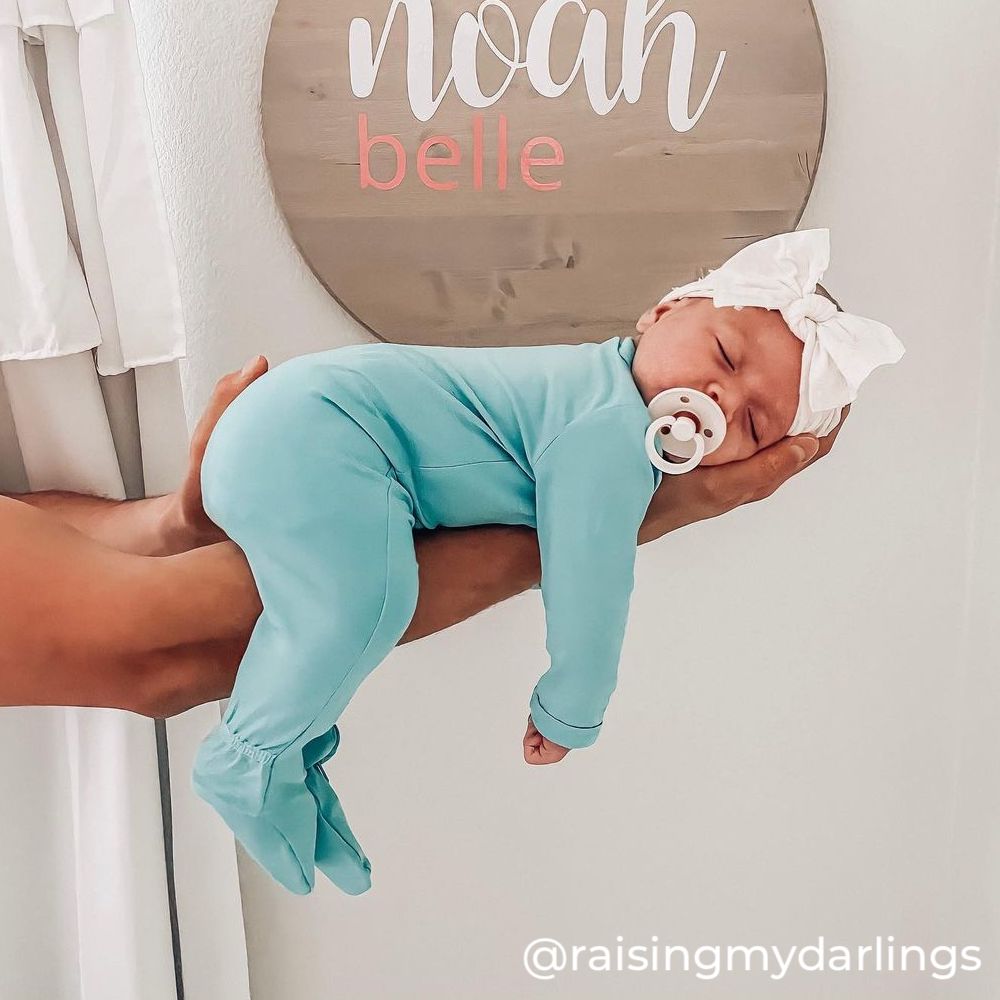Newborns, while precious and utterly adorable, spend about two to three hours crying in a single day. If you’ve ever spent even five minutes with a crying baby, you know each minute really feels like thirty. And if it’s your own baby doing the wailing? Cue the flood of stress and anxiety! Because we’re biologically wired to respond to our baby’s crying and newborns do an awful lot of it, the early days of parenthood can feel like a constant state of blind panic. We want to find a solution as quickly as possible to end the caterwauling and restore peace. Luckily for us and our eardrums, babies are usually trying to tell us something with their cries.
HUNGER
The most common reason that newborns cry is because they are hungry. If newborns were eligible for competitive eating, they would dominate the sport. If your baby is formula-fed, he’s probably eating about 1-3 ounces of formula every 3 hours in the first few weeks. By the first month, he will be taking in at least 4 ounces every 4 hours. That being said, every baby is different, so variations in eating patterns are bound to occur.
Breastfed babies are even more all over the place. Rather than watching the clock, let your breastfed baby call the shots. Your newborn may nurse anywhere from 10-30 minutes per feed. If it feels like your baby spends the entire day latched to you, that’s normal, too. Babies cluster-feed, usually during growth spurts, and it can feel like you’re nursing nonstop. If your little one is crying and his diaper is clean, there’s a chance he’s just hungry and asking you to feed him.
Avoid following a strict feeding schedule and follow your baby’s lead instead. However, newborns do need to eat very frequently, even overnight, so you may need to wake your baby if he’s gone three hours without eating. We know how exhausting it is, but trust us. Wait longer, and risk seeing just how quickly your sweet bundle of joy can go from fast asleep to screaming at the top of his lungs.

DIRTY DIAPER
Newborns have extremely fragile and delicate skin. The moisture from urine can break down the skin and stool contains bacteria that causes irritation, which is further exacerbated by the rubbing of the diaper. The result? Diaper rash. Even without the painful rash, some babies are particularly sensitive to a wet or dirty diaper, and can you blame them?
Although it seems like your baby needs a diaper change the second you put a new one on, it’s best to change it anyway. Newborns go through a lot of diapers, but it’s actually a good sign that your little one is getting enough to eat. After the first week, your newborn should have about 6-8 wet diapers a day. Because it’s hard to gauge how much milk intake a breastfed baby is getting, wet diapers are a good indication that your baby is eating enough.
Newborns urinate approximately 20 times a day, so a good rule of thumb to establish is to check your baby’s diaper every 2 hours. A dry baby is a happy baby!
GAS/REFLUX
Because babies are born with an immature digestive system, it takes a while before they’re able to properly digest formula and/or breastmilk. Coupled with the air they swallow during feedings, newborns are, well, gassy. A baby with trapped gas may cry, fuss, and arch her back or pull her legs toward her stomach. To alleviate discomfort, try placing your baby on her back, gently pressing her legs in, then stretching them out, then cycling them in a bicycle-kick motion. Repeat this until he is able to pass the gas. You can also give your baby a little massage or place her on her stomach for tummy-time. The pressure on her stomach may help the gas make its way out. Infant gas drops may also be used for extra aid.
To prevent gas problems, feed your baby before he cries. A baby attempting to eat mid-meltdown will swallow much more air than a calm, happy baby. Make sure to also burp your baby frequently during feeds to get rid of any swallowed air before it makes its way down to the bowels.
If your baby is a big spitter and he seems uncomfortable, he may suffer from acid reflux. Symptoms include frequent spitting up (which causes slow weight gain), painful irritation of the esophagus (which causes inconsolable crying), a congested sound during feedings, heavy drooling, arching of the back, and poor sleep. Whew! Nothing is worse than knowing your baby is suffering, but there are a few steps you can take to minimize the symptoms. A slower-flow nipple or different formula brand may help formula-fed babies, and keeping baby held upright for 30 minutes after a feed can reduce spitting up. However, it’s important to speak to your baby’s doctor about the issue, in case medication is required.

TEMPERATURE
Another reason your newborn may be crying is because he’s either too hot or too cold. Because newborns aren’t able to regulate their body temperature the way that adults can, they’re susceptible to both heat and cold. Feel the nape of your baby’s neck to see if it feels sweaty or cold. An overheating baby may have flushed cheeks and breathe more rapidly. If this is the case, make sure to discard any excess layers and take care to dress him in something light and breathable, like bamboo clothing.
Bamboo is a naturally temperature-regulating fabric that also wicks away moisture, which is ideal for all seasons. If your baby is having trouble sleeping at night (especially during the summer), there’s a chance that his sleepwear is not appropriate for the weather. Try a swaddle or sleep bag made of bamboo to promote better sleep for your little one.
NEEDING COMFORT
If your baby is fed, dry, clean, and you just can’t figure out the reason for his crying, pick him up and give him a cuddle. Think about it. Your newborn has just spent the past 9 months curled up in a warm, cozy place, only to be brought into a very bright and noisy world. You’d be crying, too! Babies require a lot of physical attention and affection, and seek the comfort of their mothers’ arms.
Among the unsolicited advice you have and will receive from others, “You’re going to spoil that baby if you pick him up every time he cries,” is undoubtedly there. Don’t listen to the naysayers. It’s impossible to spoil a newborn with love and attention, and research agrees. In fact, child development research supports the theory that touch is actually necessary for shaping positive cognitive and social development. Infants don’t have wants; they only have needs. When you soothe your crying baby, you’re meeting his need to be held and comforted, and teaching him that he can trust and depend on you. So, go ahead, and cuddle that baby!
















